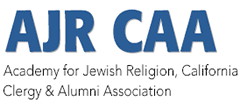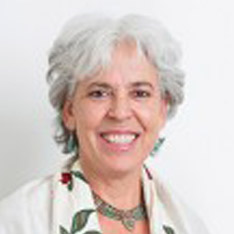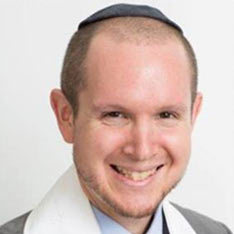Rabbi Adam Ruditsky: Parashat Nitzavim-Vayeilech
Rabbi Ruditsky addresses the concept of T’shuvah, as described by Isaiah—idolatry and mistreatment of others—raising the issue of social concerns in the community. The Rabbis connect his message to all generations that follow, reflecting Moses’ message in Nitzavim, that the Covenant applies to everyone, even those who were not, nor will be, present at the occasion. Please follow the link below to read his full article:










